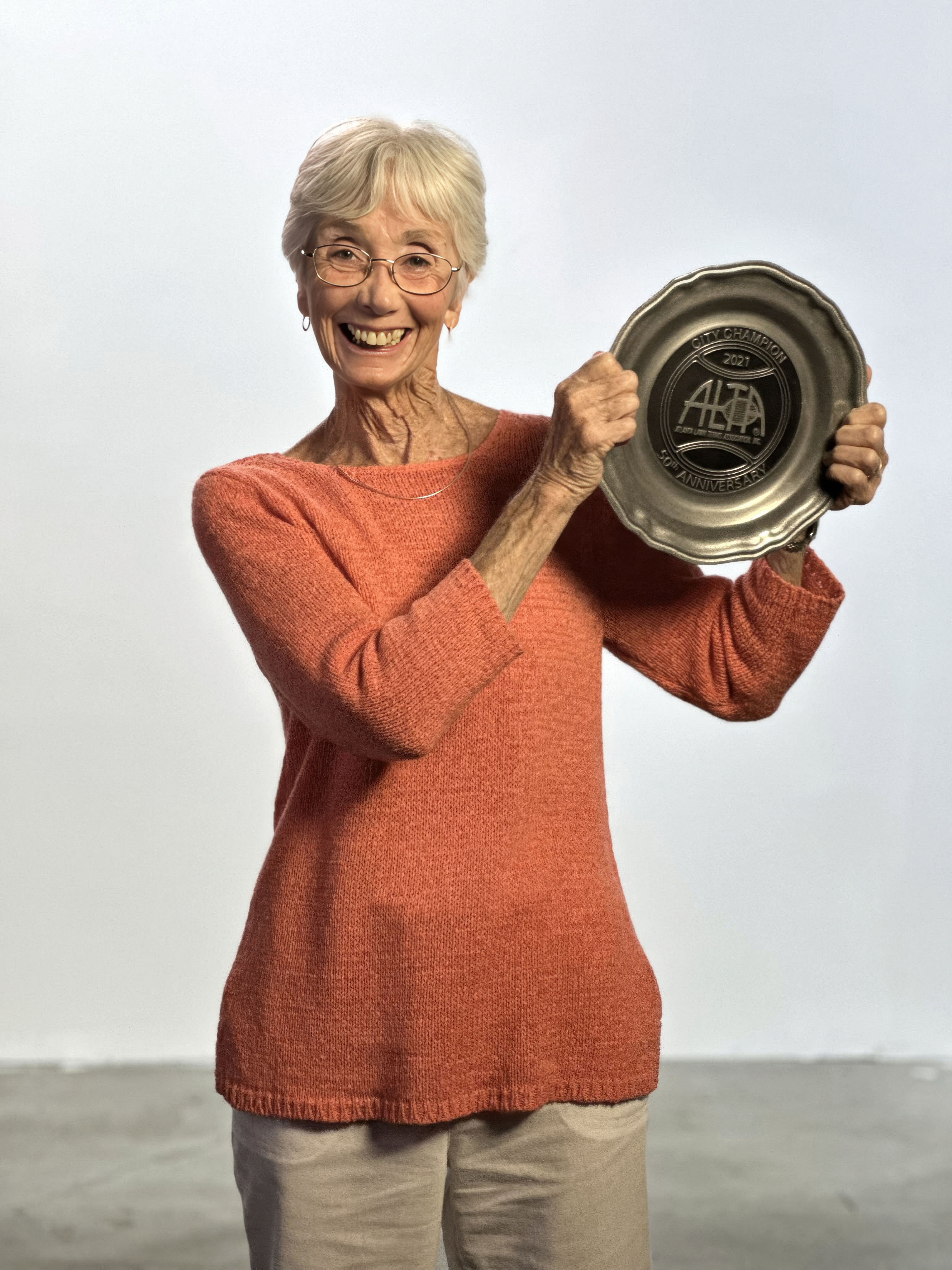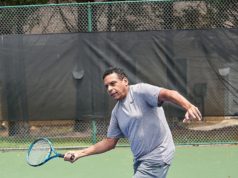From Northside Hospital
As one of the most complex joints in your body, your shoulder is made up of multiple bones, ligaments, muscles, and tendons — and those are just some of the many parts. This is what makes your shoulder so mobile, but it’s also what makes your shoulder so susceptible to injury. In fact, shoulders are the most commonly injured joints of the body; so step aside knees and hips.
It isn’t just major impact that can cause damage to your rotator cuff, though. Repetitive wear and tear from common activities, like tennis, or anything with consistent overhead motions, can stress this group of muscles and tendons, leading to a rotator cuff injury.
Because the symptoms of rotator cuff injuries often are so mild, they’re easy to overlook or write-off as normal aches and pains. However, if left untreated, this type of injury will only worsen, leading to more severe pain and making recovery a lengthier process.
Don’t shrug off shoulder pain. According to Saadiq El-Amin, M.D., an orthopedic surgeon with Northside Hospital at Gwinnett and Duluth, there are five, easy-to-miss signs that may indicate a shoulder injury:
- You have trouble sleeping. Everything from stress and sleep apnea to allergies and restless leg syndrome can contribute to a restless night sleep. Rotator cuff injuries are no different. Both rotator cuff tendonitis and tears are known to cause pain while at rest, which is especially noticeable at night when you’re trying to sleep.
- You can’t brush your hair. Well, it isn’t just brushing your hair that becomes difficult with a rotator cuff injury. Anything that involves lifting or lowering your arm, like getting dressed or grabbing something off the top shelf, can feel surprisingly uncomfortable.
- You feel weak. While you’d think a rotator cuff injury would be strictly painful, it’s possible that you may not feel any pain at all. Instead, you may notice weakness throughout your arm.
- You hear a crackling sound. When your shoulder is healthy, there are tendons and muscles that provide support and stability for the joint. However, when you have a rotator cuff injury that impacts the tendons and muscles, the result is crepitus, or a grating sound or sensation that you hear when bone and cartilage rub together.
- OTC medication stops working. Over-the-counter pain medication is often the first line of defense against aches and pains, but when it comes to rotator cuff injuries; it quickly loses its effectiveness. If you can no longer find relief when you reach for aspirin or ibuprofen, it may be more than just a sore shoulder.
RICE is nice, but not always
One of the best places to start when treating any type of joint pain is with resting, icing, compressing and elevating, also known as RICE. But for rotator cuff injuries in particular, it’s most important to focus on the first two steps — rest and ice. Together, they will help to reduce swelling and will protect the injured area by preventing further strain.
However, to truly ensure the safest, most effective healing possible, you need the guidance and care of a sports medicine expert. With a multidisciplinary team of board-certified and fellowship-trained sports medicine experts, and a robust number of diagnostic and treatment services, Northside Hospital Gwinnett Sports Medicine can help you to overcome every type of sports-related injury. For more information, call 678.312.7880.




